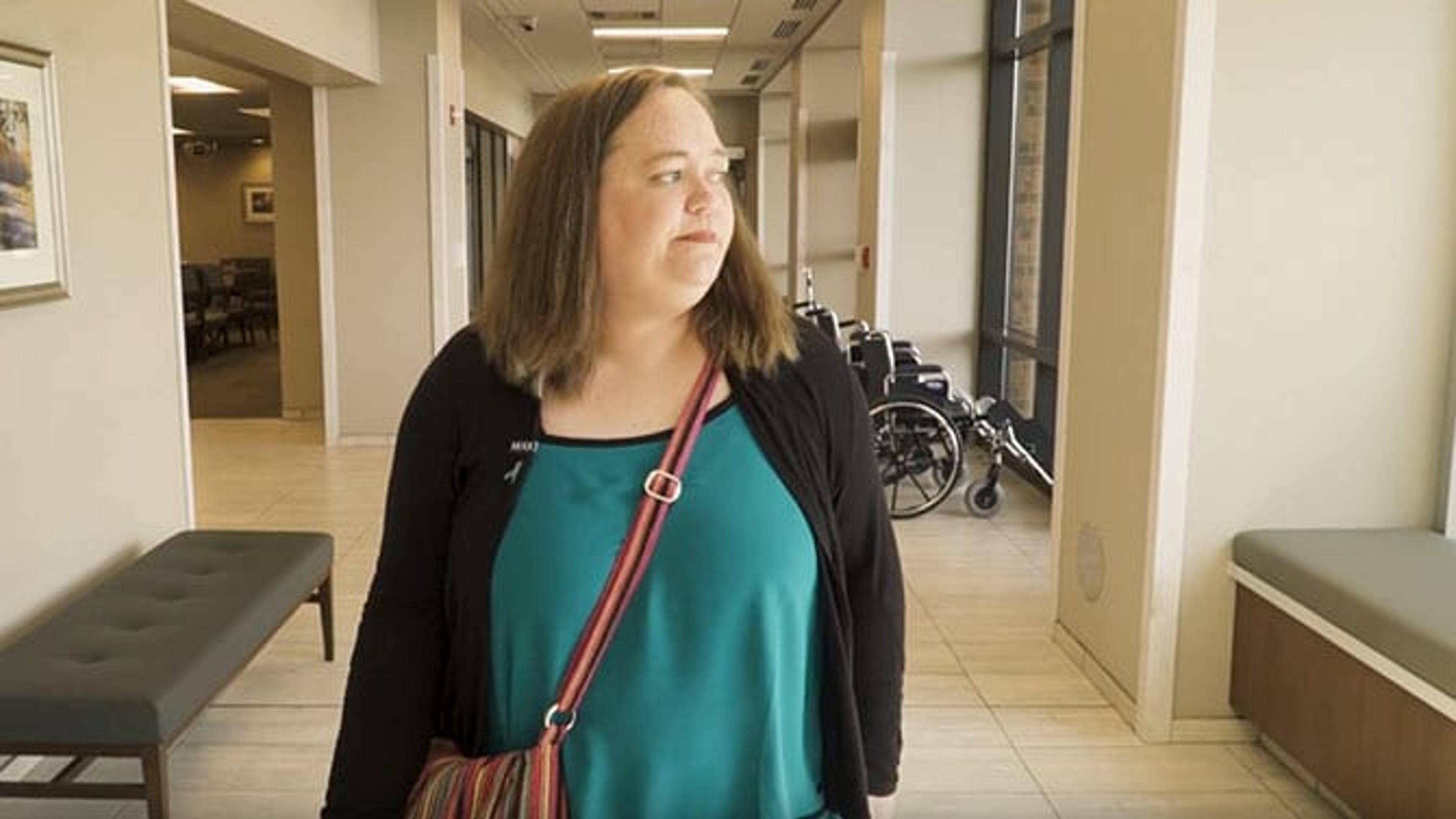How Our PCMH Program Improves Delivery of Health Care
Sven Gustafson
| 3 min read
Our patient-centered medical home program has grown to 2,500 physicians at 770 practices around the state in its third year of operation. The program is the nation’s largest for the third year running, helping to improve the quality and delivery of health care for all Michigan residents. The growth in the program — the number of designated physicians has more than doubled since it began in 2009 — reflects significant momentum by physicians to bolster the primary care system, improve quality and make health care more effective and safer for patients.
PCMH by the Numbers
A deep dive into the data now shows our PCMH program is actually helping to lower unnecessary use of health care services that contribute to higher health care costs for everyone. Here are a few ways that PCMH practices compared to non-PCMH practices in 2010:
- 6.3 percent lower rate of adult high-tech radiology usage
- 3 percent lower per-member per-month cost
- 6.6 percent lower rate of adult emergency department visits
- 11.1 percent lower rate of hospital admissions for people with chronic conditions (like asthma or diabetes)
- 7 percent lower rate of emergency department admissions for people with chronic conditions
What’s in it For Patients?
If you’ve ever gotten sick and had to alternate visits between primary care doctors, specialists or hospitals, then you may know how frustrating the experience can be. A lack of communication between providers, duplicative services and a sense that no one’s paying close attention to your health unfortunately are common features of the patient experience. And that’s a big part of why we think the patient-centered medical home model is so important for the future of health care. The PCMH model lets pediatricians, internists and family practice physicians spend more time with individual patients to keep them healthy, coordinate their care among different providers and offer services and capabilities that typically aren’t available at most doctor’s offices. More than 95 percent of BCBSM-designated practices are:
- Offering 24-hour phone access for patients to reach a clinical decision-maker
- Fully informing patients about after-hours care options
- Creating processes to make sure all patients receive medication review and management
- Reporting and analyzing patient outcomes, efficiency of service and patient satisfaction at both the physician and practice-wide levels
- Regularly informing patients about abnormal results
What About Wellness and Preventive Care?
Designated doctors must also clearly communicate the roles of both the physician and patient, develop patient registries to track and monitor progress and work with patients to set individualized health goals, track appointments and ensure follow-up on needed services. Designated PCMH doctors are also working to develop more advanced capabilities, like coordinating referrals to specialists and providing them with all relevant patient information and providing patients with an online portal that allows them to access their medical information electronically.
Find a PCMH Doctor
See the document below to find out whether your doctor has received the Blues' PCMH designation: Blue Cross Blue Shield of Michigan PCMH Directory June 2011 [slideshare id=8438789&w=477&h=510&sc=no] View more documents from Blue Cross Blue Shield of Michigan Photo credit: Seattle Municipal Archives





